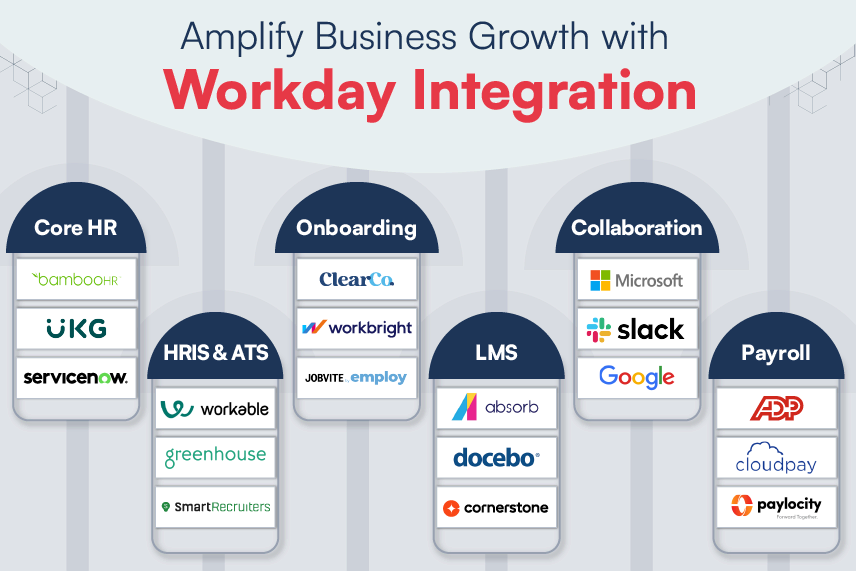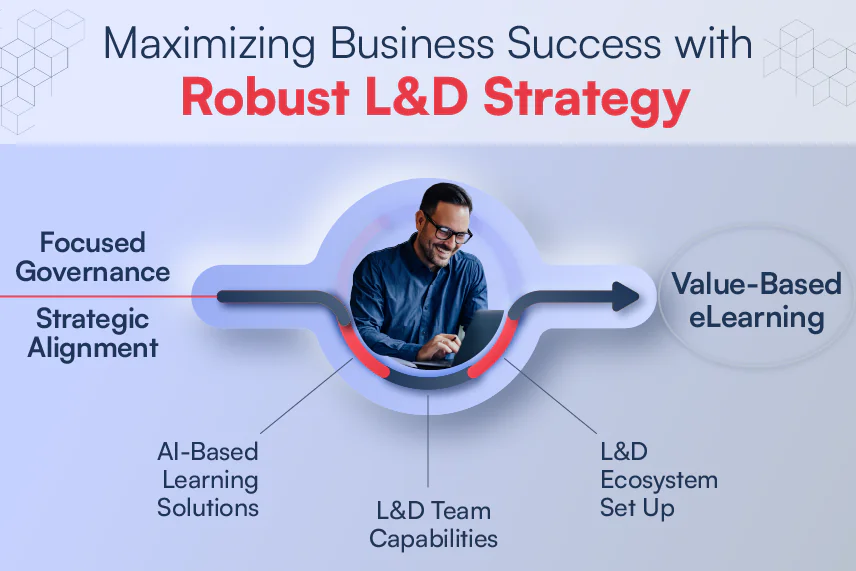
The Definition
Remote learning is any kind of learning that happens outside of a traditional classroom because the learner and facilitator are separated by distance and/or time. Remote learning can be real-time or flexibility timed, in other words it could be synchronous or asynchronous.And the role of technology can vary; the primary reason for variance in technology is that we cannot assume that every remote learner has got access to equivalent technology infrastructure.
The History
Remote learning is not an entirely new concept. We can equate quite a few attributes of remote learning to distance education. In the late 1800s, at the University of Chicago, the first major distance education program in the United States was established, in which the teacher and learner were at different locations. One of the pioneers of distance learning, William Rainey Harper was of the idea that many would benefit by taking up the first two years of college in their hometowns. This led to the founding of American community colleges. But it was never a smooth sailing; the adoption for distance learning took some time and efforts. In fact, it was said that distance education was designed to provide educational opportunities to those who were not among the elite could not afford full-time residence at an educational institution. It was looked down on as an inferior alternative to traditional education.
However, the need to provide equal access to educational and learning opportunities has always been a part of our society’s democratic ideals. Things kept progressing, the adoption rate kept increasing and then the COVID-19 curve ball hit all of us. Ironical as it may sound, it gave us all an opportunity to iron out any shortcomings of distance learning models, and implement it as remote learning.
The Current Context
Today, COVID-19 outbreak has changed the way people work, learn, and teach around the globe. To mitigate the risk of virus and keep people healthy and in turn engaged, organizations and educational institutions are willing to trade off in-person interactions in favor of remote work or virtual events.
In the case of remote work, organizations and educational institutions are keenly observing and studying the effects of the pandemic situation on productivity, efficiency, work quality, customer satisfaction and more. And with a possibility of downturn in economy, at least in some business segments, this might well turn out to be a double whammy. A recent article from Harvard Business Review has in fact flagged that the current pandemic situation will lead to a significantly changed world. And what is more important is that we need to be prepared for the changed world.
This is where remote learning starts to emerge as a major contributor towards balancing things. Helping us successfully navigate through the current situation, achieving collective goals, and at the same time helping us to be prepared for the new normal, remote learning is taking an increasingly central role in shaping up a better world.





